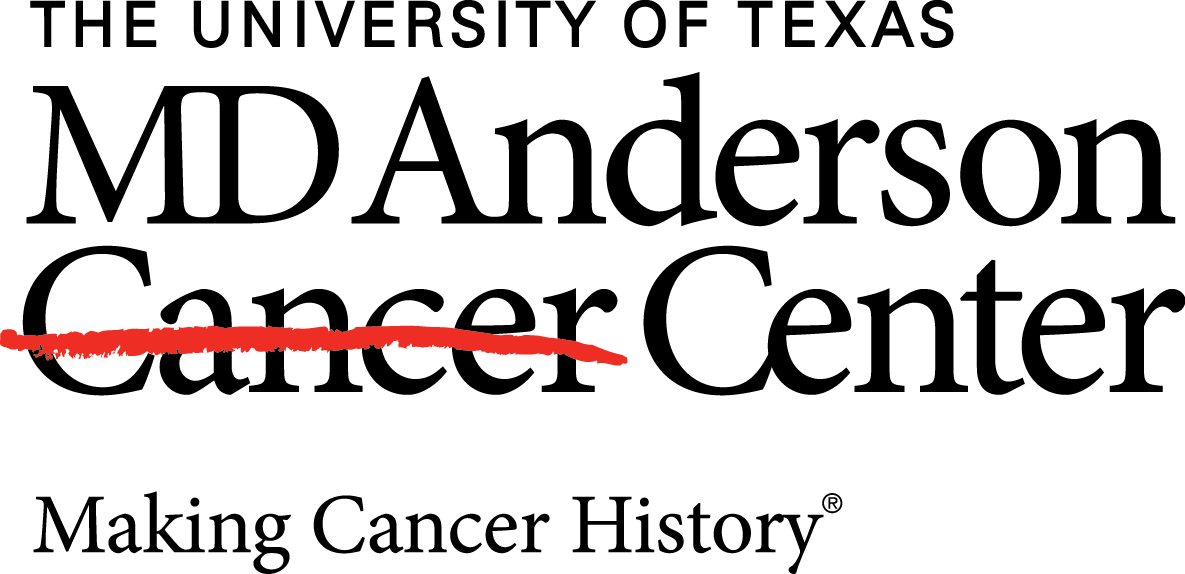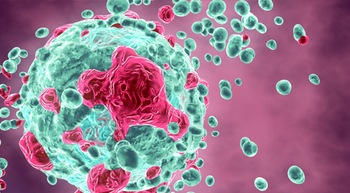
First-line Bempegaldesleukin Plus Nivolumab Appears Safe and Effective in Treatment of Metastatic Melanoma

Patients with metastatic melanoma treated with the IL-2 agonist experienced a 78.5% change in target lesion size.
First-line treatment of the interleukin-2 (IL-2) pathway agonist bempegaldesleukin (BEMPEG) plus nivolumab (Opdivo) demonstrated encouraging antitumor activity in patients with metastatic melanoma and extended the length of median progression-free survival, according to the PIVOT-02 trial (NCT02983045).1
The study – which was published in the Journal of Clinical Oncology – also showed that the treatment proved to be tolerable within the population and produced only relatively low rates of grade 3 and 4 adverse events (AEs).
Among the response-evaluable population, the median change in target lesion size was a 78.5% reduction. Notably, 47.4% of patients reported that their target lesion completely cleared.
After a median follow-up of 29 months, the objective response rate was 52.6% and the complete response rate was 34.2%. Median overall survival (OS) was not reached, although, at 24 months, OS was 77.0% (95% CI, 60.4-87).
“Immune checkpoint inhibitors have become standard of care for advanced melanoma patients, yet there is still an urgent, unmet need for patients whose disease does not respond to these therapies,” said Adi Diab, MD, associate professor of melanoma medical oncology, The University of Texas MD Anderson Cancer Center, when presenting the results at the 2020 Society for Immunotherapy of Cancer Annual Meeting.2 “We sought to overcome some of the limitations of checkpoint inhibitors by adding an agent that leverages the IL-2 pathway to modulate the tumor microenvironment, without adding significant toxicity.”
Eligible participants were people with histologically confirmed stage III (unresectable) or stage IV (metastatic) melanoma, had a known BRAF mutation (V600E or V600K), PD-L1 immunohistochemistry status, adequate organ function, and were 18 years and older.
Patients could not participate if they had received prior treatment for melanoma in the neoadjuvant, adjuvant, locally advanced, or metastatic setting; were pretreated with IL-2 therapy, had unveal melanoma; or had active brain metastases.
Patients were treated with 0.006 mg/kg intravenous bempegaldesleukin along with 360-mg of nivolumab once every 3 weeks. This continued until 1 of the following occurred: disease progression, death, unacceptable toxicity, symptomatic deterioration, achievement of maximal response, or either the patient or provider decided to withdraw. Responsive patients continued treatment for 2 years.
Primary end points were measured through safety and objective response rates. All patients were assessed for safety through the National Cancer Institute’s Common Terminology Criteria for Adverse Events. Efficacy was assessed through patients who received more than 1 dose of treatment and were found to have measurable disease at baseline. These patients’ tumor progression was analyzed through RECIST with a blind independent central review and the local investigator every 8 weeks.
No median OS was reached, however, the median profession-free survival (PFS) rate among treated patients was 30.9 months. Long-term follow up for survival occurred every 3 months.
In addition, this study also addressed the association between early on-treatment blood biomarkers with patient response. The findings showed that post-treatment, cytokines with effector response caused the CD8+ and CD4+ T cells to demonstrate increased polyfunctional response.
Overall, the investigators determined that 39 out of 41 patients experienced AEs and the most reported events were flu-like symptoms, rash, fatigue, pruritus, arthralgia, and nausea. Although there were 5 patients who discontinued treatment following treatment-related AEs, there were no deaths related to treatment. Furthermore, the 7 patients that reported grade 3 and 4 treatment-related AEs successfully managed these symptoms with standard treatment protocols.
The investigators concluded that the phase 2 study was limited by a small sample of participants and its single-arm design. The forthcoming phase 3 study will seek to confirm these findings on a larger scale.
“Our study shows that the combination of BEMPEG and nivolumab is safe and effective,” Diab said. “We are encouraged by the potential of a new treatment option for newly diagnosed patients with advanced melanoma, and we look forward to the results from the phase 3 study, which is enrolling now.”
References
- Diab A, Tykodi SS, Daniels GA, et al. Bempegaldesleukin plus nivolumab in first-line metastatic melanoma. J Clin Oncol. 2021; DOI: 10.1200/JCO.21.00675
- Novel immunotherapy combination produces durable response in frontline metastaic melanoma. MD Anderson. News Release. July 13, 2021. Accessed August 5, 2021. https://www.mdanderson.org/newsroom/novel-immunotherapy-combination-produces-durable-response-in-frontline-metastatic-melanoma.h00-159462423.html
Newsletter
Knowledge is power. Don’t miss the most recent breakthroughs in cancer care.































































































